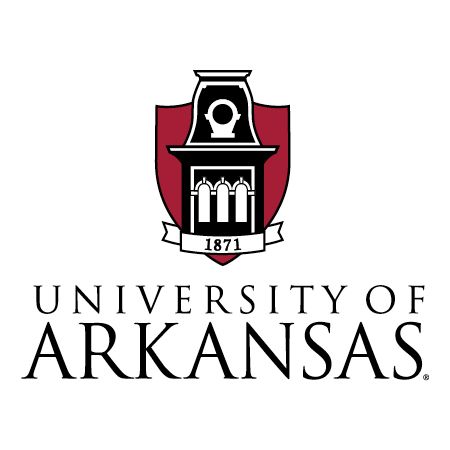
FAYETTEVILLE, Ark. – The College of Education and Health Professions is expanding a University of Arkansas online degree program in adult and lifelong learning based on a successful proposal to the Arkansas Association of Two-Year Colleges. The new doctoral cohort starting in the spring of 2015 is designed to address an anticipated leadership gap primarily at community colleges.
Ideal applicants would be faculty, staff and administrators with an interest in developing their leadership skills within comprehensive community college systems, said Wade Derden, division chair of social sciences at National Park Community College in Hot Springs. Ed Franklin, president of the Arkansas Association of Two-Year Colleges, asked Derden to assist with development of the new cohort. Preference will be given to candidates who are already working in a community college and seeking advancement.
The early application deadline is Sept. 19.
The College of Education and Health Professions has a long history of providing distance-education programs for educators and other professionals who want to pursue advanced degrees. The new program was developed in response to the high number of community college administrators who are expected to retire in the next five years.
“We have been offering online programs since 2004 and have been providing distance education via faculty visits to other campuses throughout the state for 25 years,” said Kit Kacirek, associate professor of adult and lifelong learning, who coordinates the doctoral program.
The college’s online graduate education programs were ranked No. 42 out of 166 ranked programs by U.S. News & World Report earlier this year. It is just the second year the publication has issued rankings for best online degree programs.
Throughout the 1970s and 1980s, one of the strongest academic programs at the U of A was adult education, Kacirek said. When Malcolm Knowles, one of the founders of the discipline, retired to Northwest Arkansas, he joined the faculty, adding to its prestige.
“The field of adult education is really changing,” Kacirek said. “A few years ago when our program was evaluated, we saw the opportunity to strengthen it, bolstering our coursework and making other changes to better serve our students. We re-examined our field and our program’s role in preparing professionals for it.”
The program faculty jumped at the chance when it learned the Arkansas Association of Two-Year Colleges wanted to encourage development of a dedicated cohort for community college educators and administrators.
“Because so much of what community colleges do involves working with community education and responds to the needs of non-traditional learners, this just seemed like a natural fit and opportunity for us,” Kacirek said of the statewide association’s call for proposals. “Our intention, working with the Arkansas Association of Two-Year Colleges, is to have a cohort of 10 to 15 new doctoral students begin their study in our program in January 2015. So far, interest has been phenomenal.”
The practitioner, cohort-based doctoral program is offered in a hybrid format. Most coursework is delivered online, and two campus visits are required each spring and fall semester. Those visits will take place on Saturdays to accommodate students, and one will be held at the annual meeting of the Arkansas Association of Two-Year Colleges.
Additional faculty in the program include Kenda Grover and Joshua Collins, both assistant professors. Collins is newly hired and will start teaching in the fall of 2014. Mike Miller, senior associate dean for academic affairs and a professor of higher education, also teaches in the program and was instrumental in the success of the new proposal with the community college focus, Kacirek said. Miller’s research has focused on community colleges for the past 25 years, including exploring issues of shared governance, leadership and faculty development in two-year colleges.
Kacirek’s research and publishing agenda includes organizational development, emotional intelligence and leadership. She has extensive international consulting experience. Grover’s research interests include self-directed learning and community engagement, self-directed learning as it relates to health and wellness, and communities of practice.
Collins’ research focuses on aspects of critical adult learning and education, with an emphasis on creating social change through careful examinations of identity, privilege and development. Recently, he has taken specific interest in the idea of how identity and privilege influence the experience of engagement at work and in learning environments.
Subject-matter experts, including college presidents and state administrators, will be used as guest speakers to embed practitioner-relevant content within the courses. Topics that will be covered include organization development, quantitative and qualitative reasoning, workforce development, teaching and learning, adult learning theory, leadership, educational statistics, history of community college, current trends, program planning and evaluation, and policy and public governance.
Topics
Contacts
Kit Kacirek, associate professor
College of Education and Health Professions
479-575-4875, kitk@uark.edu
Heidi Wells, content writer and strategist
Global Campus
479-879-8760,
heidiw@uark.edu